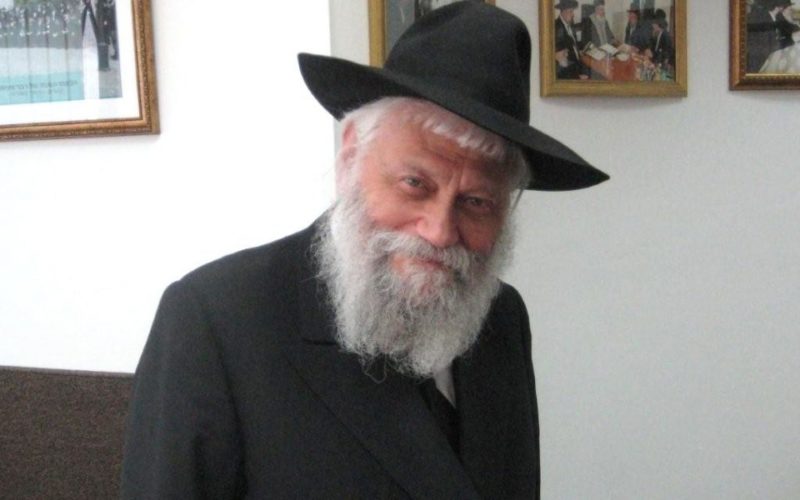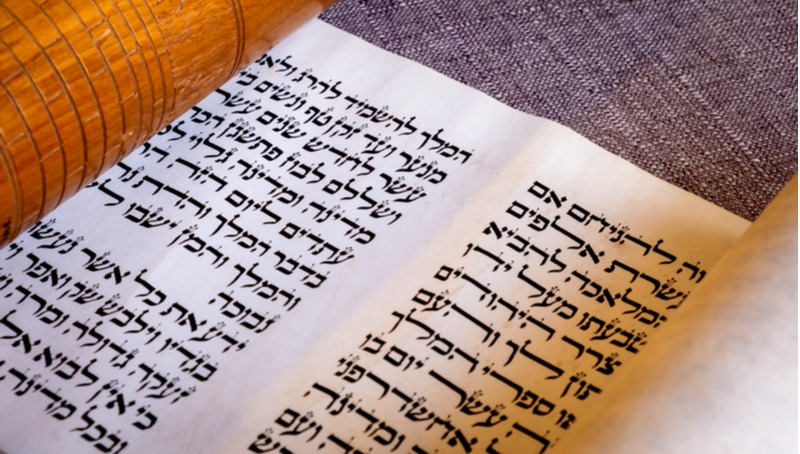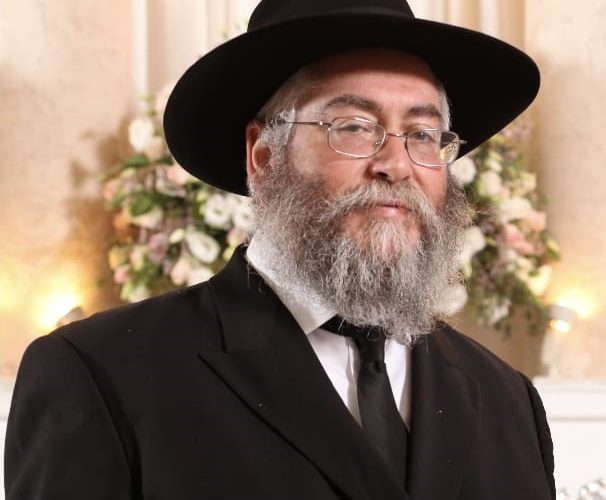Online class on Kesuba, lineage and marriage ceremony
A Gair that marries right after the gairus, what should be written on the Kesubsa? The new Jewish named he acquired even though a month has not passed yet since his Giyur, or, his original name, or both?
An Israeli Student will be married in the upcoming summer in Israel. Her parents originated from Uruguay 40 years ago and they claim that they are Jews, corresponding with their Israeli official documents. When she came to register in the Rabbanut they demanded her parents Kesuba. Her parents claim that a Rabbi ritually married them in Uruguay but have no Kesuba. In result the Rabbinate refuses to give their approval to marry. What can she do?
Do we have to be stringent writing the word “IEBHBT” after the witnesses sign? How high of stringency is it? If the word ” וקנינא” is absent, is there an inyan to rewrite another Kesuba? And if so-what is the date we write on the Kesuba?
Is it permissible to let the bride give a ring to the groom? In what way? What if she thinks one is Mekadesh the other?
Questions as these, and many more from online “questions and answers provided by RCE” came up during the shiur given by Hagaon Rabbi Eliyahu Bar Shalom, Chief Rabbi of Bat Yam and top expert in the laws of marriage, lineage and Kesuba. The class lasted for 2 hours as dozens of questions were presented in the above areas, asked by European Rabbis. Rabbi Bar Shalom replied to every one of them.
The Online Class is a project of the RCE as a result of public demand. The response to the list of various subjects presented made the RCE realize how irreplaceable the classes are.


